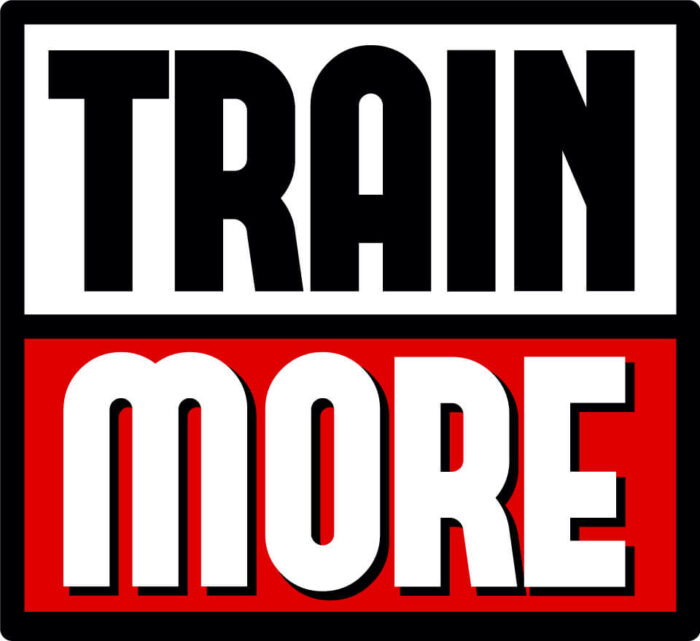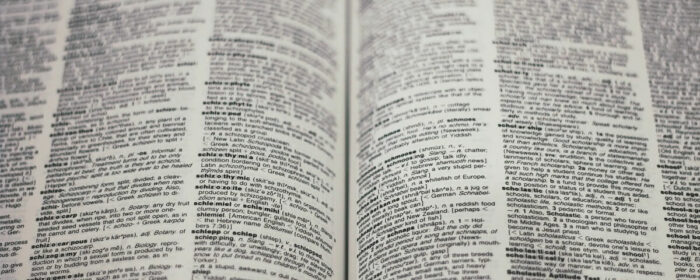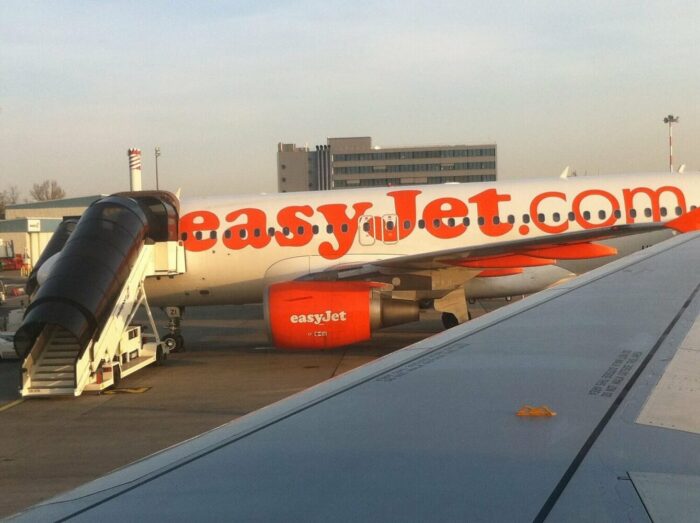Descriptive
According to the European Trademark Office EUIPO, the TrainMore trademark consists of two English words that send a clear message at first glance: “Train more, do more exercises”. You can’t monopolise a descriptive indication like that as a trademark.
Not in the dictionary
Yes, but the word “Train” has multiple meanings, the company argued. Furthermore, the combination “TrainMore” is a non-existent word that you won’t find in the dictionary, according to TrainMore. “Our English-speaking clients have the greatest difficulty understanding the sign ‘TrainMore’.
Not hard to understand
But EUIPO isn’t buying it. “The applicant underestimates its clientele,” says EUIPO. ‘Consumers with a reasonable knowledge of the English language will genuinely read an encouragement in ‘TrainMore’ aimed at them engaging in more physical labor’. Moreover, EUIPO continues, ‘the combination of the words ‘train’ and ‘more’ is not really so complicated that consumers would have the greatest difficulty understanding the message.’ Therefore, no European registration for the TrainMore trademark for fitness services.
A good workout
It was bound to happen. Choosing a name like TrainMore for a fitness concept is understandable; the name immediately makes it clear what you’re in for—enjoying more training. From a marketing perspective, it’s a great name. However, the flip side of such a descriptive brand is that you can’t protect it for gym services.
EasyJet acquired distinctiveness
Nevertheless, sometimes there are ways for these names to get a place in the register. You must demonstrate that your trademark has acquired distinctiveness. A trademark has acquired distinctiveness when an originally descriptive brand becomes detached from its descriptive meaning through intensive use and comes to be seen as a trademark by the target group. A striking example of a trademark with acquired distinctiveness is EasyJet: once a descriptive trademark name, but through long-term use and a lot of advertising, it has now become a distinctive trademark, and subsequently, with its descriptive meaning largely forgotten.
No acquired distinctiveness for TrainMore
From TrainMore’s statement, it appears that the company made no attempt to prove ‘acquired distinctiveness’. That was probably a futile effort as well. After all, since it was a European registration, you need distinctiveness in all EU countries. If I understand correctly, TrainMore is only used in the Netherlands, which makes European ‘acquired distinctiveness’ impossible.
Bas Kist





